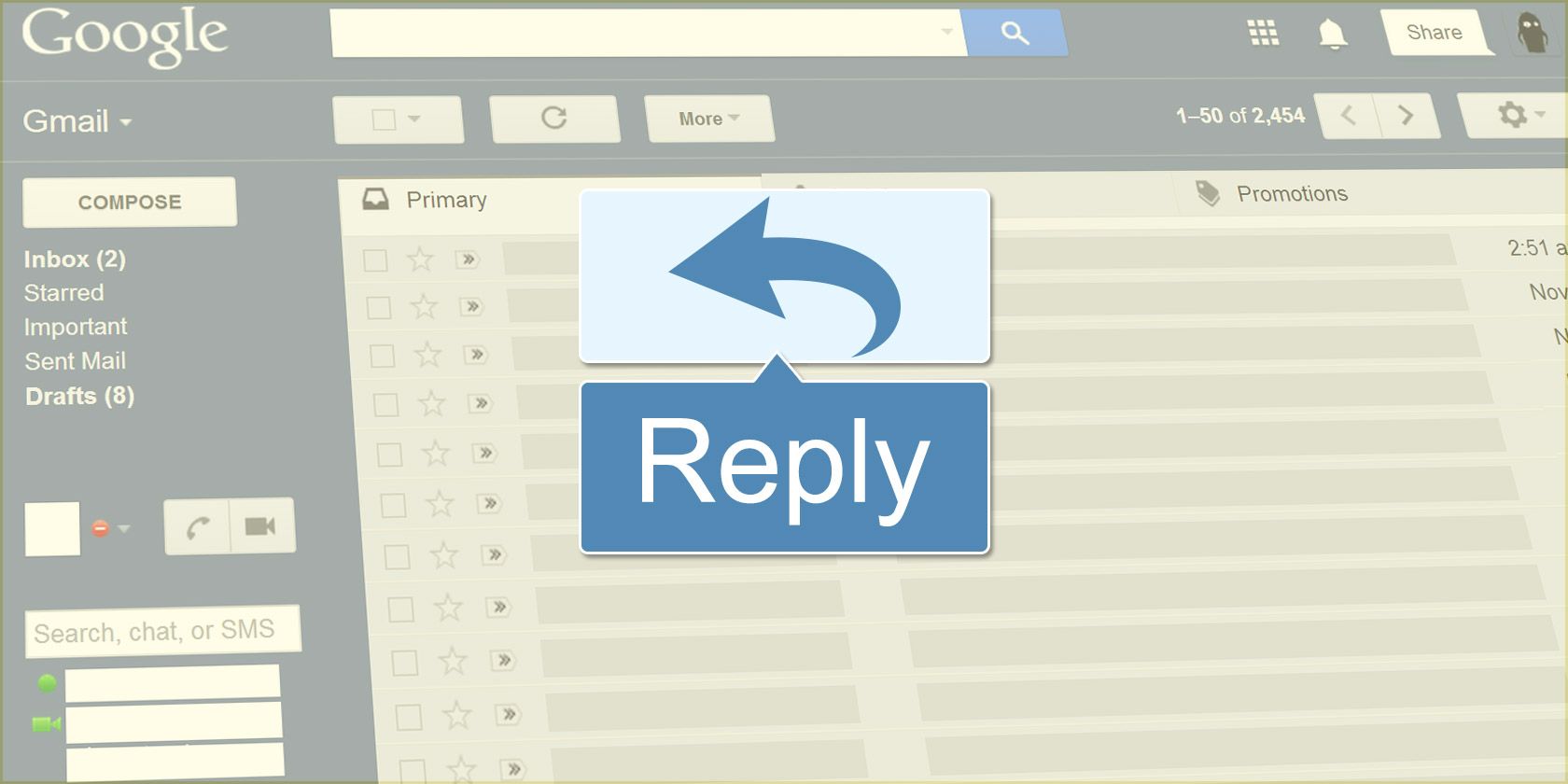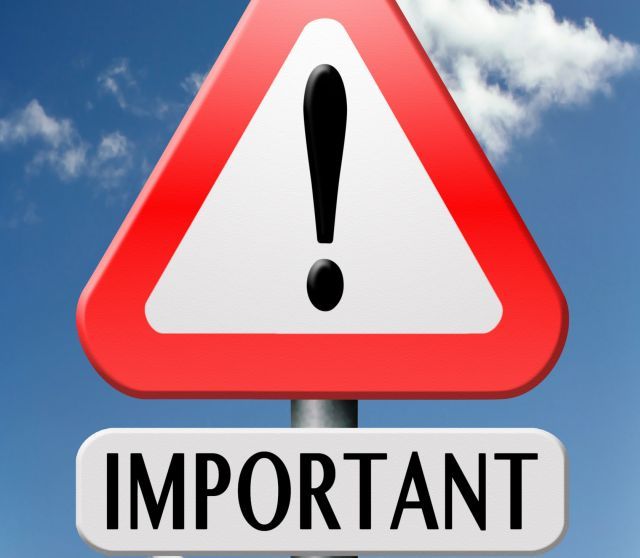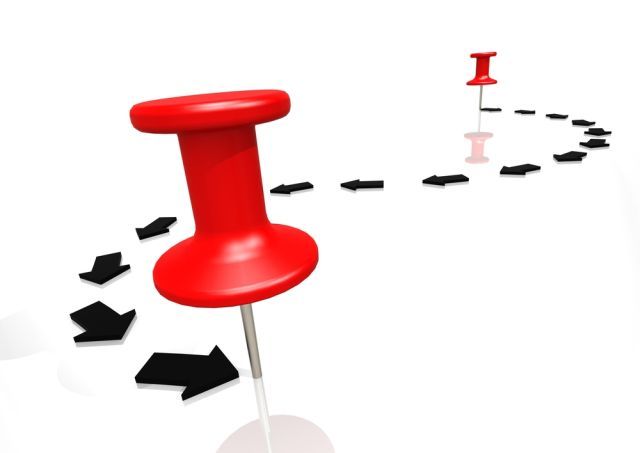When you walk by someone on the street and say hi, how does it make you feel when they don't say a hi back? It's amazing how small a lack of acknowledgement can make a person feel, but it's also amazing just how much you can do to encourage a response. The same is true with emails.
Now, imagine the reverse scenario. You're passing someone on the street and they briefly glance at you, say hi, and then quickly look away. How likely are you to say hi back? Now imagine a person looking you straight in the eyes, smiling broadly and saying hi -- even using your name! The odds are much better that you'll be inspired to respond in kind.
The same again, is true with emails. Except, instead of facial expressions or tone of voice, there is a whole different set of rules when it comes to emailing that will encourage or discourage a person to hit the "reply" button and answer you. In this post, I'm going to share a few tricks with you that I've learned over the years -- tips that'll greatly increase your success with getting email responses, even from very busy people.
Why Do You Need a Reply?
When I changed jobs a few years ago, I started working in a company where people were much busier than at my last job. People barely had time to finish project work, so answering emails became a task in prioritizing. I soon learned that if I didn't follow a certain format and approach when emailing people, I might not get a response for many days, if at all.
The first thing you need to do when emailing someone -- especially someone who is extremely busy -- is to take a quick inventory of your own reasons for emailing them. If they're busy and your email isn't a high enough priority issue, it'll probably be stashed away somewhere in a to-do list, only to be dealt with when there's more time to focus on the issue (if at all). Busy people have a hard time managing email. The busier they are, the less likely you are to get a response if you don't play your cards right.
If you can justify the importance of the issue enough to warrant an email, then by all means, let's get started.
Ask a Question - Preferably About Them
In 2012, Harvard University researchers conducted a pretty thorough study that even involved brain scans, and found that people actually get a "biochemical buzz" from talking about themselves. The more powerful a person is -- as many extremely busy people are - the more they enjoy talking about themselves. After all, there's just so much to tell, right?
This means that if you dangle the carrot of a personal question inside of your email, you're basically tempting that person with a personal high -- the opportunity for a little bit of a "buzz" by sharing something about themselves with you. And some people just really, really like the opportunity to have a soap box. So give it to them.
You can just ask how a project they're working on is going. If you are very close to them and talk about family often enough, ask how the family is doing. If there's a big game everyone is talking about -- ask them what they think. Give them an opportunity to respond to you and "take a break" from thinking about work so much. You can follow up your question with the work-related question you wanted to ask in the first place, but the solicitation for an opinion will trigger that need for a "I-get-to-talk-about-myself" high.
Extra Bonus: Use something you both have in common. Kids. A love of baseball. Whatever it is -- make that personal connection first. The person will be less likely to quickly file away the email for later.
Pick an Urgent Subject Line
Busy people naturally start prioritizing emails, and sometimes they won't even open the email to do so. They'll quickly glance at the subject line. So, if you want a fast response from these people, you can just imagine how important the subject line is. If you need tips on how to do this, I highly recommend Aaron's advice on how to make your subject line stand out in a cluttered inbox.
The bottom line is this: If you need a response right away, then why isn't your subject line preceded by "IMPORTANT:" or "URGENT:" ? There's nothing wrong with doing this, and it's actually helpful for busy people who use such subject lines as a visual indicator of what to attack first in the email inbox. Just don't do it over silly, unimportant issues, or you'll become the "boy who cried wolf", and your emails will eventually be completely ignored!
Keep It Short and Sweet
This is the part of the article where I get hypocritical. The guy who writes 2000 word articles is going to tell US to keep it short and sweet? Yup. That's exactly what I"m going to do. We're talking emails here, and here's the lesson that Mr. Wordy here learned the first year on his new job: PILE. It's an acronym that I just came up with. It stands for People Ignore Long Emails.
After about six months of people ignoring my long, elaborate emails, I tried something new. I started writing very, very brief emails that only stated the point. I didn't provide extra details, but at the end of the emails I offered to provide more information if they wanted it.
I started culling my emails down. When I thought they were short enough, I went through and cut some more. You have to ask yourself, is this line just superfluous? Are you sharing information for the sake of letting people know how much you know -- or does it not really matter to the issue at hand? Cut down the words. Get to the point quickly. When I started doing this, I noticed the response rate skyrocket. If you can pare down your email to a single line -- odds are pretty good you'll get an immediate response.
Bribe Them
If we're going to be honest here, then you've got to admit that by their nature, humans are a self-serving bunch. When people see that there might be "something in it" for them, they feel more compelled to take action. You can take advantage of this in an email by closing your email with something like, "So, get back to me with a good time when you can talk about it over a cup of coffee - on me!"
A free cup of coffee just for hitting the reply button? That's good incentive. And if the issue is even more important - say, you're trying to sell something or gain a new client - go ahead and offer to buy lunch. That small investment will be well worth it. People love a free lunch.
Involve a Second Party
If you've emailed someone a few times, you've tried all of the tactics listed above, and you still aren't getting any responses, then it's time to pull out the big guns. I usually reserve these last two tactics for people who chronically ignore emails. The first "big gun" approach is to pull in someone who may be related to the situation. This might be your boss, or an additional person that you're working with on the project that's being held up because the person isn't answering your email.
This isn't something that you want to do on the first, second, or even the third email. However, if you're being blatantly ignored, then write one more polite email, and just cc an involved person. If it's someone higher up, like your boss, and the other person knows they are in a position of authority, they'll be quick to respond. Out of all of the chronic ignorers that I've dealt with through the years, this "cc" approach prompts a response 99 percent of the time. There is something about having an audience that transforms the dialogue and suddenly makes it a higher priority.
Consistently Issue Reminders
If you've ever seen the movie Shawshank Redemption, or read the novella written by Stephen King, then you might recall the part where Andy Dufresne sends one letter every single week to the State Senate, asking for money for a prison library. After receiving a few hundred dollars and a donation of books, Andy then starts mailing two letters a week asking for even more money.
The point to the story is that persistence works. Call it annoying, aggravating, or irritating -- but if you really, really need an answer to something important, consistently asking the person politely whether they received your last email will have one of two desired effects. It will prompt the person to dig through their inbox in search of the email you're talking about, or it will make them realize that the only way to make you go away is to respond to your email. This is clearly a last resort solution, but it's also a solution that works.
What techniques do you use to get a faster response to your emails? What works for you? Share your own tips and advice in the comments section below!
Image Credit: Overwhelmed Businessman (Shutterstock), Giving a Speech (Shutterstock), Important Sign (Shutterstock), Point to Point (Shutterstock), Point to Point (Shutterstock).






